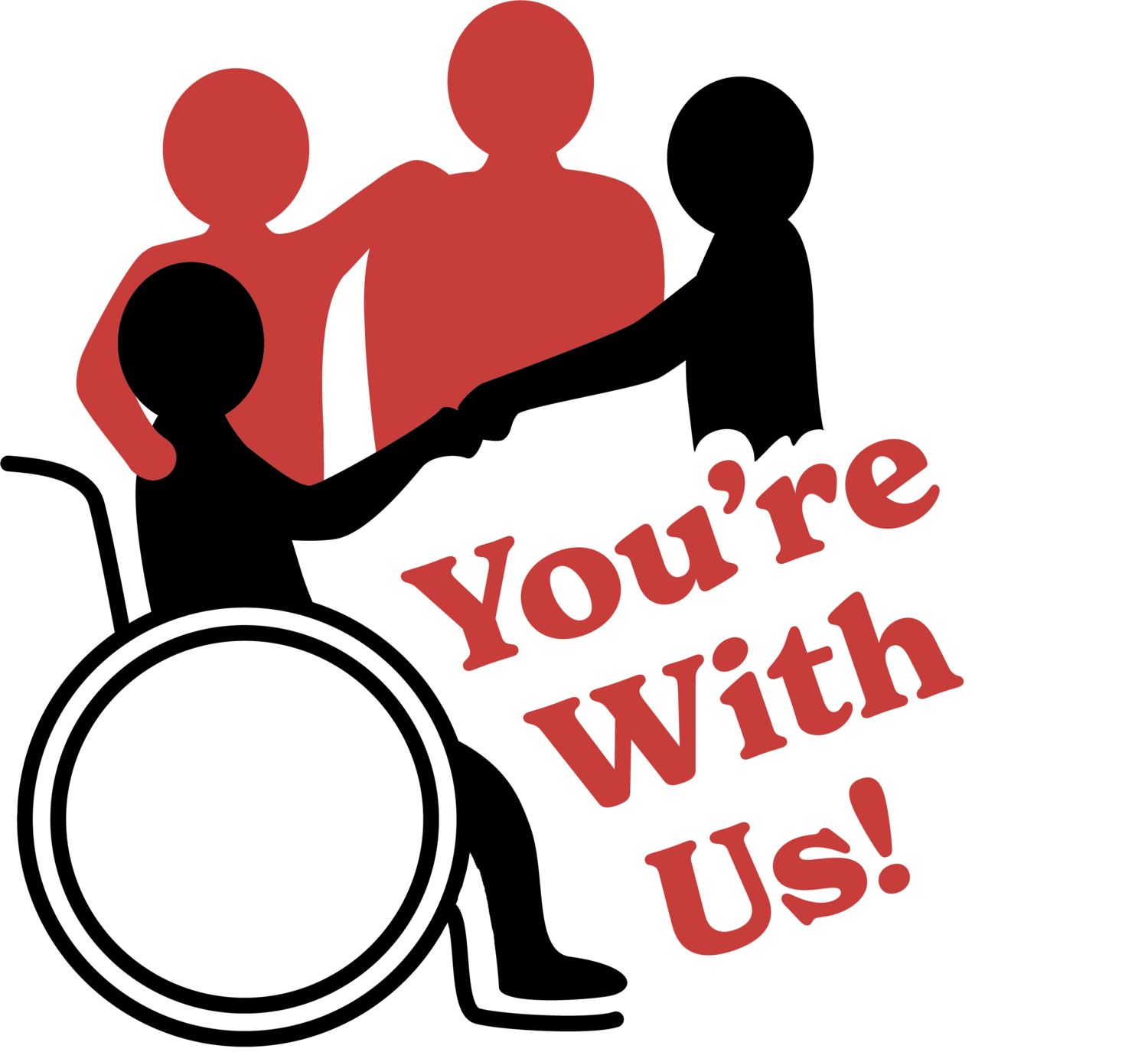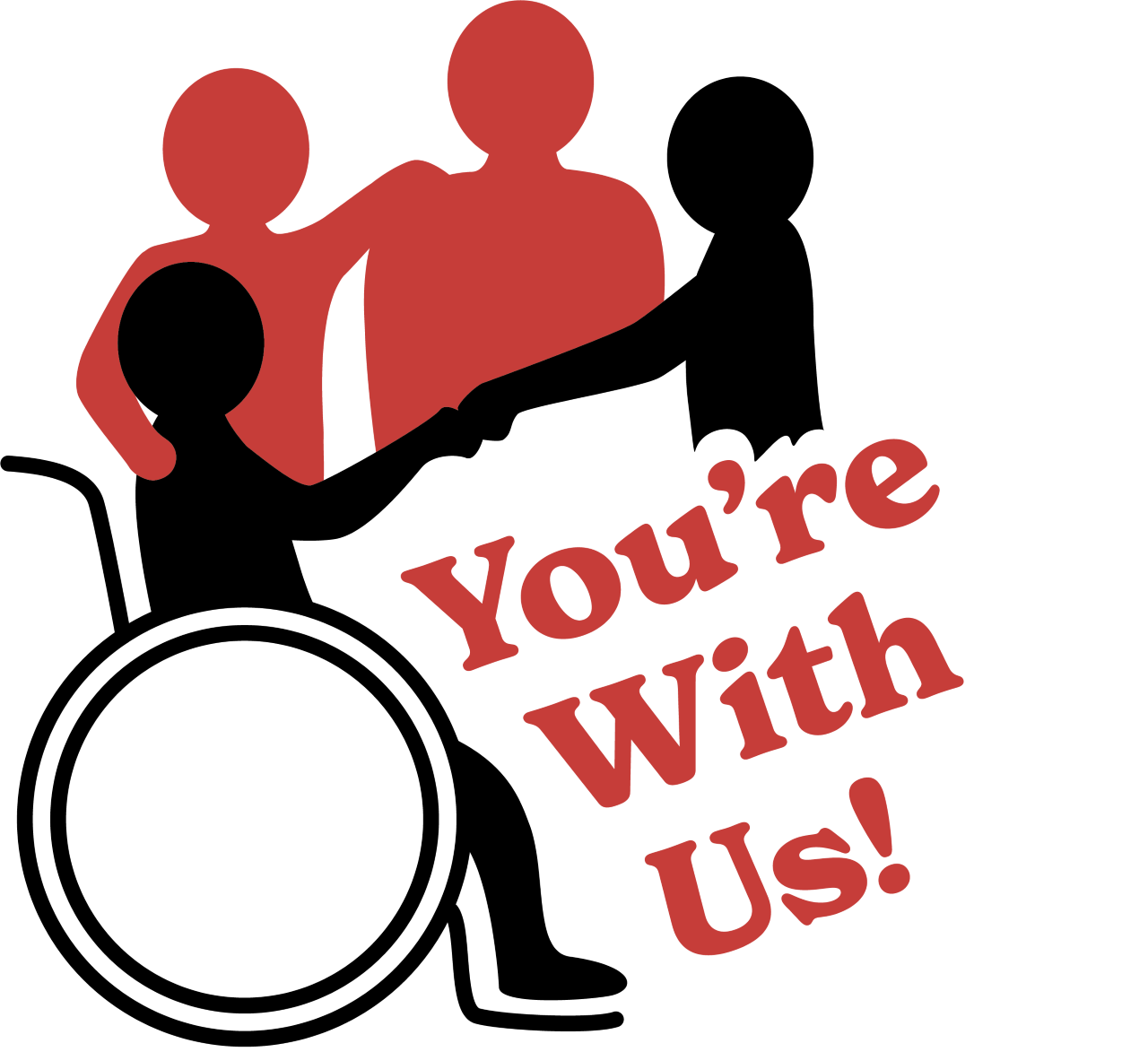Katie’s Inclusion Story
Disability has never been easy, but it has been extraordinary. It’s difficult because the world is not designed for people living with disabilities. It has been extraordinary because I have gained a perspective that most people don’t get. Disability has never been easy, but it has been extraordinary. It’s difficult because the world is not designed for people living with disabilities. It has been extraordinary because I have gained a perspective that most people don’t get to see. My life has been shaped by my perspective and perception. Conversely, my life has also been shaped by other’s perceptions of me. My goal here is not to speak for anyone else. But if I had to guess, I would say that’s true of most people I know who are living with disabilities.
We are often asked to move through spaces that are not designed for us in a myriad of ways. Most of my barriers are spatial and physical. I was born with a condition called cerebral Palsy. I use an electric wheelchair and have some visual impairment.
When I was growing up, my disability wasn’t really a factor. Not because it didn’t exist, but because my view of myself wasn’t impeded by society’s view of disability. I grew up in a very large family and they were always, and still are excellent at making sure that the things that I want to do are accessible to me. The first time I really struggled with inclusion. I was entering middle school. Middle school is hard for anyone, but when you add a disability into the mix of hormones and insecurity. It can be a disaster. I wasn’t bullied. In some ways, what I experienced was as bad as being bullied, because I was ignored. I had great relationships with my teachers and my one-on-one aide but I didn’t really have relationships with my fellow students. I struggled with being left out every single day.
When people are excluded, it creates feelings of isolation and even despair. It cuts you off from your personal power. Thankfully, I had some extraordinary people in my life who stepped in as mentors and supports. The person that comes to mind is my seventh grade English teacher. He came to my house every week. We read books, went out to restaurants, and enjoyed cultural events. He still visits me once a week. He’s visited me through high school, college and life after K-12 education.
Peer inclusion didn’t occur until high school and once again, I had a perception shift. When I entered Perkins school for the blind at the age of 14. I didn’t know that it was going to change my life. I thought that I would be receiving an accessible education. What I didn’t understand was that it would help provide a piece of my worldview that I still carry to this day.
Perkins was my first opportunity to interact with a large population of people living with disabilities. Not only that, but I went from being the student who needed the most help, to being someone who could be helpful in their own right. It was one of the most empowering experiences of my life. Living in a diverse group of people who could all bring their own assets to the table, was eye-opening in a way I could never have imagined. As a community we provided ways for each other to reach our own autonomy.
I have a significant amount of functional vision. A majority of my friend group experienced blindness. We all had our own challenges, but the unique atmosphere of Perkins allowed us to experience a symbiotic relationship in a way. We were all able to fill in each other’s gaps in a way that I haven’t experienced with able-bodied people. Having the ability to lean on your friends in a situation that makes it very difficult to be vulnerable and ask for help is life altering. I had an environment where I could examine vulnerability. It helped me when I went out into the adult world to realize that asking for help and being vulnerable is a part of humanity. If we can acknowledge that we need support and that needing support is not a sign of weakness, then it is easier for us to accept ourselves.
Another aspect of my increasing confidence, was my participation in student government. In addition to learning my own self-worth, student government was an opportunity to advocate for myself and others who may not have been able to advocate for themselves. The ability to look around, examine our environment, and help to make sure that everyone’s needs are being met and their voices are being heard was immensely fulfilling. I discovered my passion for disability justice. My ultimate goal from Perkins onward has always been making sure that everyone had a seat at the table.
My life changed because I was included. That’s the power of inclusion. Yes, my experiences are different than the experience of those whom I serve But, Inclusion changed my perception of my own capabilities. Perkins provided me with an excellent education. However, what I and those who love me would argue, is that the most important thing Perkins provided me was a space to be normal. I had a space to do things like go on my first date, navigate Boston subway system, get involved with politics and a million other things you don’t need me to list.
I now work for You’re With Us! You’re With Us! identifies and trains college students, clubs, groups, and teams to be welcoming and supportive peers to the individuals with disabilities. What we do at You’re With Us! is bring inclusion to those who have difficulty seeking it themselves. You’re With Us! is making sure that everyone we serve has the right to social inclusion. Some people may experience different things than what were on my list, but the impact of that inclusion is just as powerful because it changes our perception of ourselves. It makes us feel important and that we have a right to shape the lives we want. You’re With Us! is proof that a change in perception can make a big difference!


